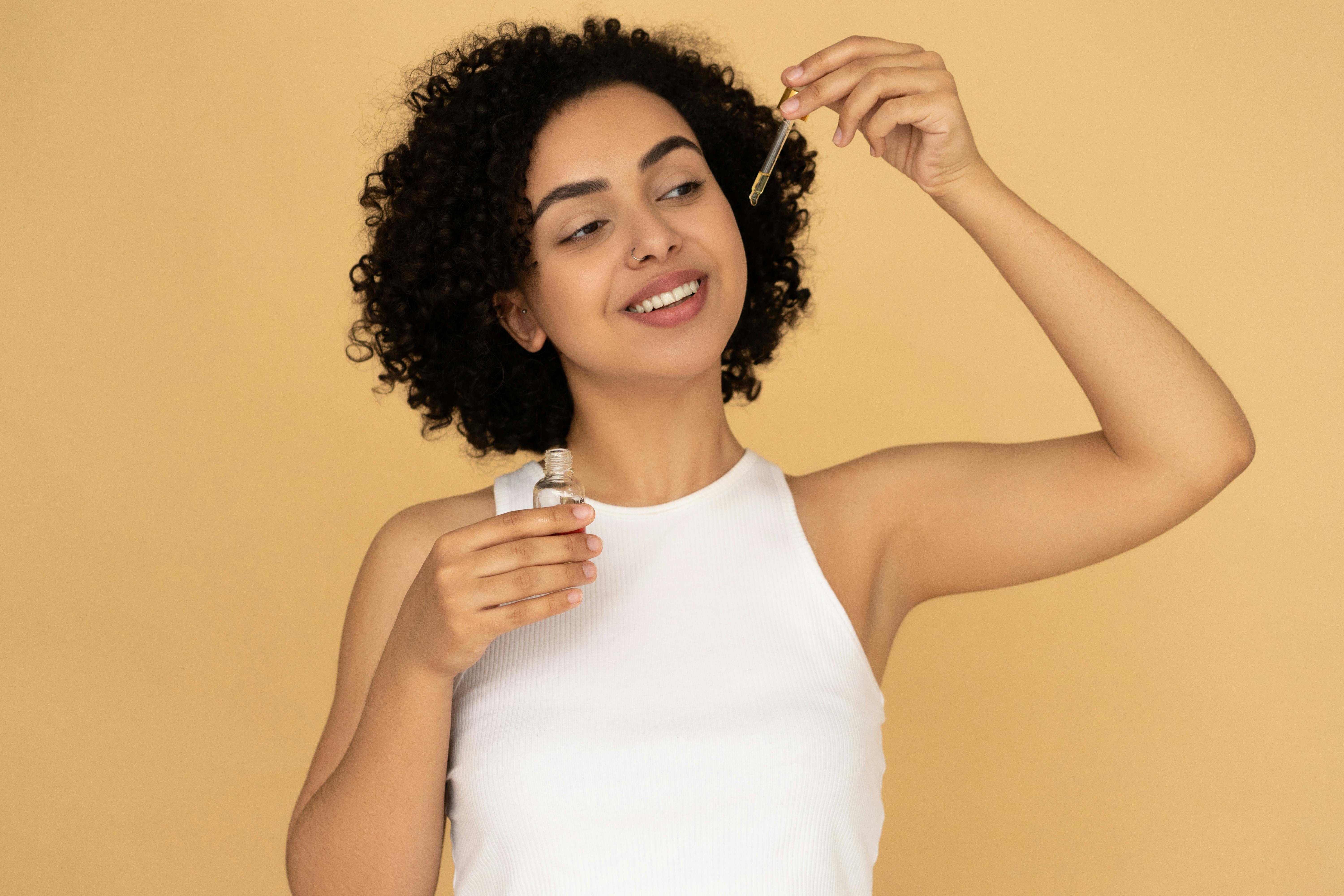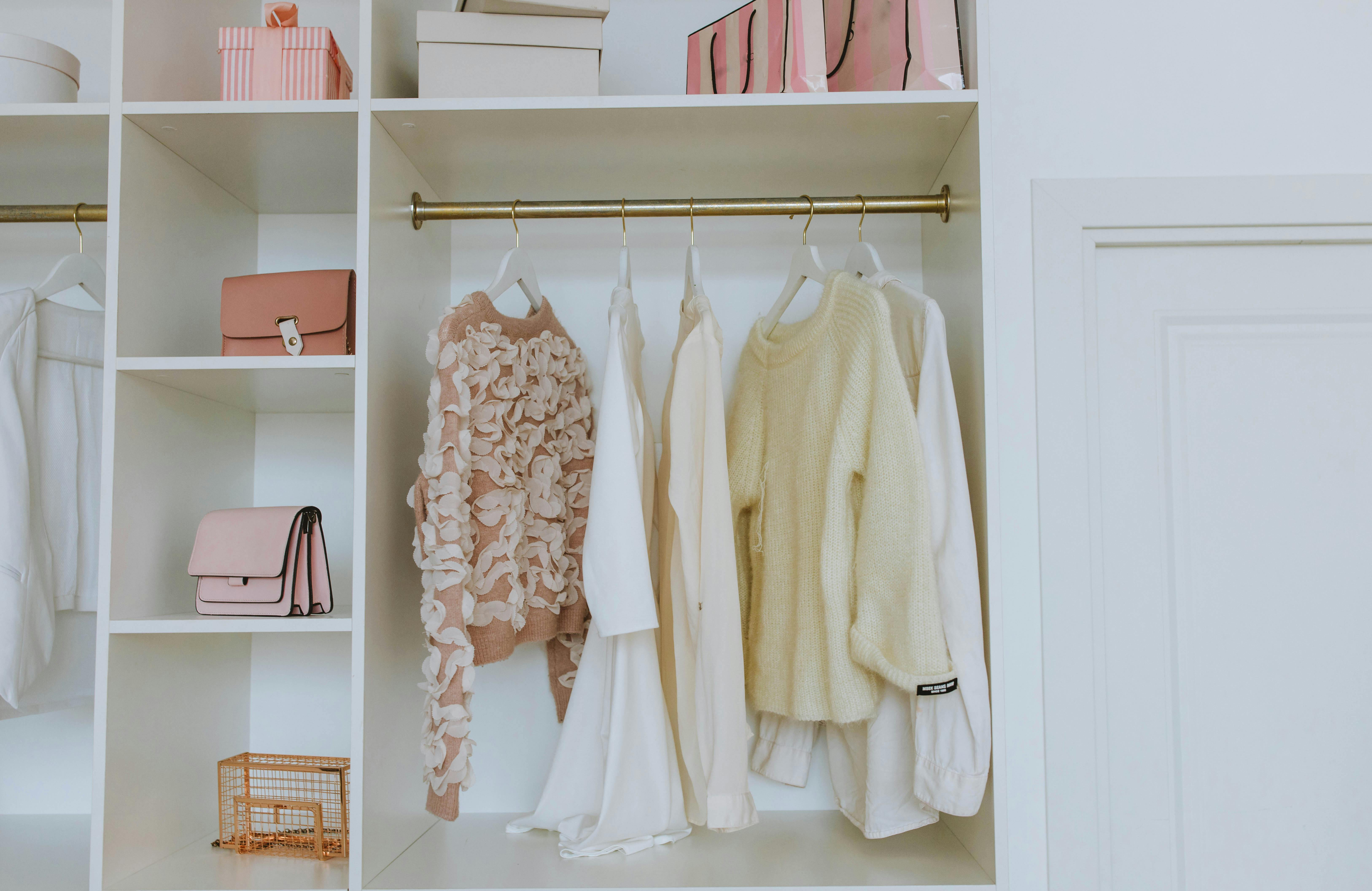When it comes to marriage, I jumped off the cliff, married a white woman. I not only married a white woman, I also married beyond my intellectual standing. When we met, she was a Ph.D. student and a full professor. At the time, I was a senior student and still only doing my bachelor’s degree. Later, she inspired me to do my graduate studies. In essence, I crossed the divide of race and class in one fell swoop.
I must admit that my wife hates being called a white woman. She is just a woman. I see her as my partner nothing more and nothing less. Of course, it doesn’t help that she listens to Miriam Makeba and Busi Mhlongo. She has a collection of the best black South African jazz musicians, including the latest duo of Sipho Gumede and Zim Ngqawana. There is definitely nothing white about dancing to the sweet melodies of Busi Mhlongo.
In the early days of our courtship, I often wondered about the extent of her whiteness. If there are special behavioral traits to being white, well, she didn’t display any. To make matters worse, she had been an ardent anti-apartheid activist and incumbent member of the African National Congress (ANC) since the ban was lifted. Was she on her way to being black? Am I on the path to whiteness?
As for me, the beginning of my romantic relationship with Professor D was not a surprise. In truth, I had envisioned myself getting married across the color line eight years before I met my current wife. There was nothing melodramatic or political in my imagination. Eight years before I met my current wife, I became involved in an emotional affair with a white Afrikaans woman named Ria. Ria was the closest white girl to treat me well, a human being, talk to me and be my friend and comrade. Secretly, he was in love with her. The chemistry he had with Ria was raw and emotionless. We weren’t dating, but our friendship planted the idea that black and white people could love each other and stay together side by side.
By marrying a white woman, I consciously crossed the color line and mixed bodies and cultures in the process. As a result, I came face to face with racial prejudice and racial discrimination.
“Therefore, I am a traitor. I will increase by birth another race other than my own: the half-breeds.” So was the line. These hurtful words pierced my heart every day: they came from friends, enemies, and strangers alike. Most of these comments came from black people. In his racial thinking, I had committed the ultimate crime, a crime of passion across the color line. He was effectively sleeping with the enemy, so they said. It is a pedantic detail that this event took place deep in post-apartheid South Africa.
Fortunately, a sizable number of my comrades saw nothing amiss except a picturesque image of the new South Africa: the rainbow nation. When I first realized that I had fallen in love with Professor D, I sought political advice from one of my closest colleagues, she said without a second thought, if you love her, “do it”.
Sadly, Durban wasn’t ready for an interracial couple walking the streets, chatting, kissing and holding hands with gleeful abandon. Many times we receive cold looks, hostile looks and outright prejudice. I remember one time we walked into a restaurant holding hands and sat down. The fact that we sat down should have been a sign, but we didn’t know better. Seconds and minutes passed without a soul asking us any questions. No one brought us menus. No one took our drink order. Nobody dared to tell us that we were not welcome. We had to realize that we had touched a raw nerve of whiteness and its bedfellows, prejudice and naked racism. Realizing this, we walked away and never set foot in that establishment again.
It has not been easy to navigate. The issue of cultural differences is too deep. I am Zulu by birth. She is English. I am a meat eater. She is a vegetarian. I believe in the sorceress and the ancestors. she is not a non-practicing catholic. I am a practicing atheist. These differences have far-reaching consequences.
For example, after our wedding, I suggested a traditional wedding where we would sacrifice a cow to inform the ancestors of the new bride. I suggested this to appease my parents. My wife does not believe in the killing of animals on principle. Obviously, she doesn’t want to be associated with killing animals in her name. She rejected it. The gridlock continues, as my parents continue to push for the traditional wedding, all to no avail. I have decided to choose my wife over my parents. Despite this hiatus from a traditional wedding, my family has long accepted a white wife. I am lucky that her family also accepted me and my Zuluness. Have I abandoned my belief in my ancestors? The answer is no. I happily call myself a “reluctant Zulu” and a “part-time brownie.”
On the positive side, love lives in my house. Every day, I wake up to the most beautiful woman in the world. She is blessed with a voice that softens like a purple dome at dusk and her face when she smiles has these cute dimples. She is a petite, plus-sized woman of medium height with a fair complexion. I call it my original yellow bone. The most important part is, of course, her character and inner beauty. She is imbued with an abundance of kindness and has a heart of gold.
Twelve years ago, we were blessed with a beautiful daughter named Miss N. Two years ago, she told me that she had solved the problem of her racial identity: “Dad, I’m a Zulu girl from the suburbs.” She would have nothing to do with the apartheid-inspired political identity of the mixed-race South Africans of being colored. Therefore, my argument is that we need to re-imagine the frayed concepts of racial identity fueled by apartheid and racial profiling. We are human beings before the socially constructed notion of race. Let’s love and live.



